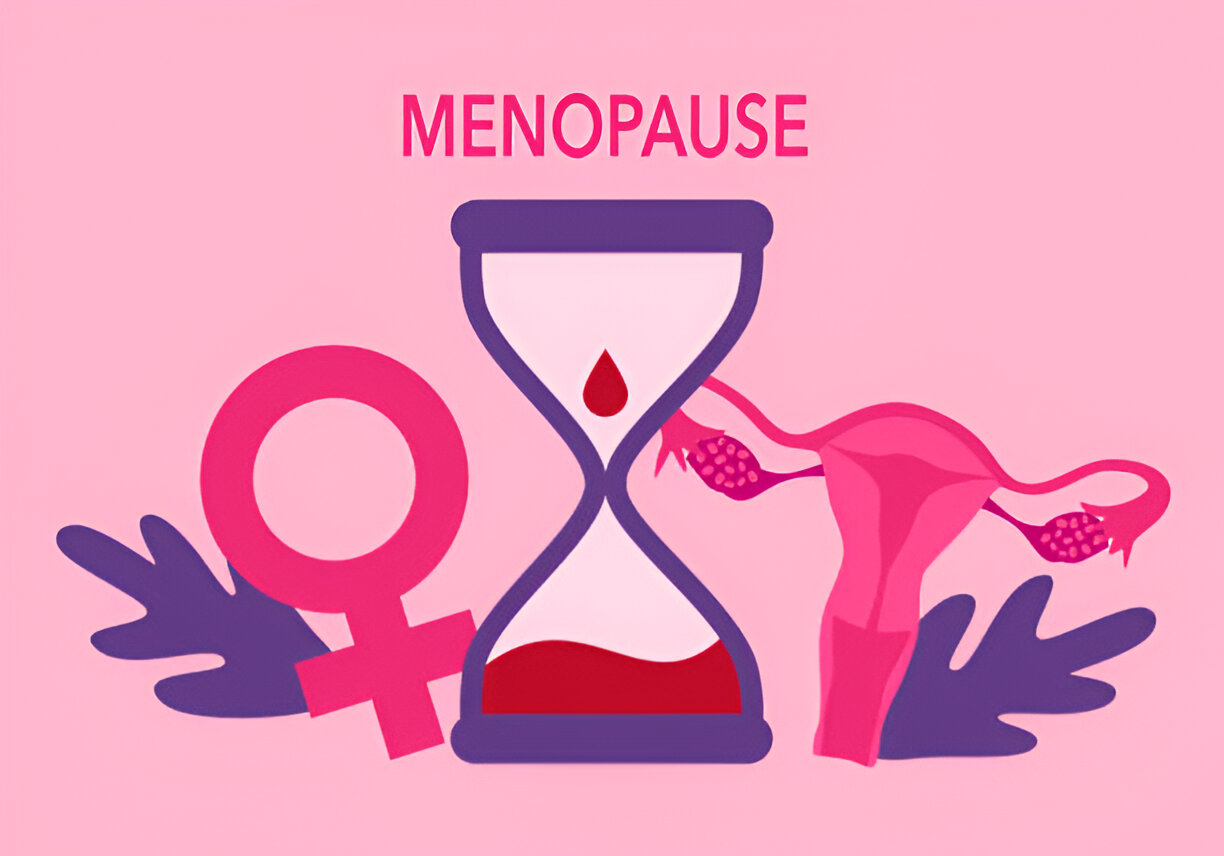Menopause: Guiding Women Through a Natural Transition
Menopause is a natural phase in every woman’s life, yet it often comes with confusion, discomfort, and questions. It marks the end of the reproductive years and typically occurs between the ages of 45 and 55. As a gynaecologist, helping women understand and navigate this transition is essential for both physical and emotional well-being.
What Is Menopause?
Menopause is officially diagnosed when a woman has gone 12 consecutive months without a menstrual period. It results from a natural decline in the production of estrogen and progesterone—hormones that regulate menstruation and fertility.
There are three phases:
- Perimenopause: The transitional phase leading up to menopause, often starting in the 40s.
- Menopause: The point when menstruation stops permanently.
- Postmenopause: The years after menopause, when symptoms may continue but hormone levels remain consistently low.
Common Symptoms of Menopause
Every woman’s experience is unique, but common symptoms include:
- Hot Flashes & Night Sweats: Sudden feelings of heat, flushing, and sweating can disrupt daily life and sleep.
- Irregular Periods: Cycles may become longer, shorter, heavier, or lighter before they stop altogether.
- Mood Changes: Irritability, anxiety, or depression can occur due to hormonal shifts.
- Sleep Problems: Difficulty falling or staying asleep is common.
- Vaginal Dryness: Lower estrogen can cause dryness, discomfort during intercourse, and urinary issues.
- Weight Gain & Slower Metabolism: Hormonal changes often lead to fat accumulation around the abdomen.
- Memory Issues: “Brain fog” or trouble focusing is also common.
Health Risks After Menopause
Due to lower estrogen levels, postmenopausal women face an increased risk of:
- Osteoporosis (weakened bones)
- Heart disease
- Urinary incontinence
Regular gynecological checkups remain crucial even after menstruation ends.
Support and Management Options
Menopause is a natural process, but it doesn’t mean women have to suffer through it. Gynaecologists can guide patients with the following approaches:
Lifestyle Modifications
- Maintain a balanced, calcium-rich diet
- Exercise regularly (including strength training for bone health)
- Practice stress reduction techniques like yoga, meditation, or deep breathing
Hormone Replacement Therapy (HRT)
HRT can ease hot flashes, mood swings, and vaginal dryness. However, it may not be suitable for everyone and should be prescribed based on individual needs and risks.
Non-Hormonal Treatments
For women who can’t take hormones, options include:
- Low-dose antidepressants
- Vaginal moisturizers or lubricants
- Herbal supplements (under medical guidance)
Emotional Support
Counseling and support groups can help women cope with mood changes, anxiety, or depression during this phase.
Menopause is a significant life stage—one that deserves understanding, support, and care. By recognizing symptoms early and discussing personalized treatment options, women can navigate this transition with confidence and comfort.
As a gynaecologist, your role in empowering them through education and empathy is more important than ever.
